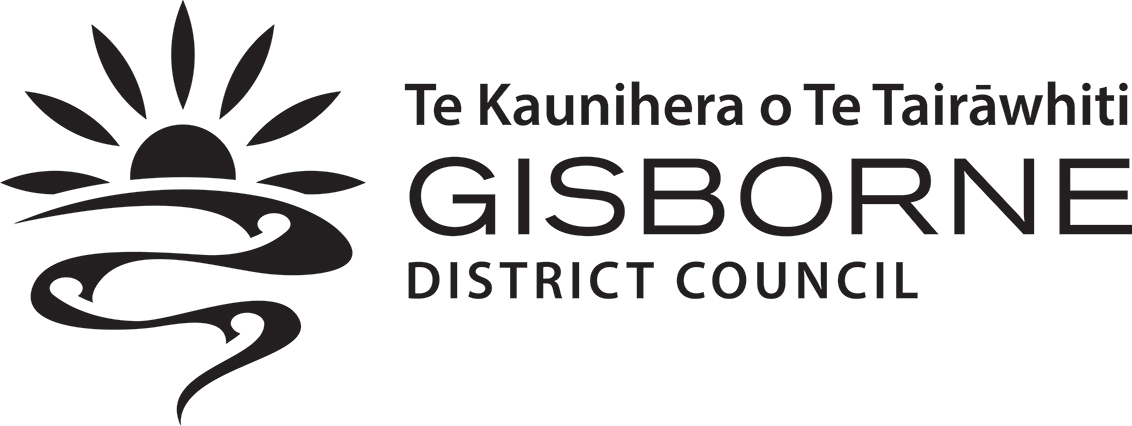Waste minimisation funding is available each year for initiatives that reduce the impacts of waste in our region.
Funding amount and criteria
This fund supports locally-led projects that reduce waste to landfill.
- The maximum allocation per applicant per year is $20,000 (GST incl).
- Funding may be awarded in full to one applicant or split across multiple projects - depending on the number and quality of applications received.
Fund recipients must provide written project updates at both the midway point and end of the project.
This funding aims to support local waste minimisation efforts and help achieve the goals set out in our Waste Management and Minimisation Plan.
Apply for funding
Funding is available for new waste minimisation initiatives that reduce waste to landfill.
- Applications open each November
- Closing date: 27 February
No results found for ""
Bella Vista Motel - a past funding success story
Bella Vista Motel Gisborne received funding to set up a worm farm and encourage guests to separate their food scraps.
“Having a worm farm diverted an estimated 85% of our waste from landfill. It’s a simple change that reduces carbon emissions and supports a more sustainable Tairāwhiti,” says Jason Ang owner of Bella Vista Motel Gisborne.
This initiative shows how small changes can made a big impact. The Waste Minimisation Fund supports projects that align with our Waste Management and Minimisation Plan - reducing landfill waste and encouraging ways to reuse and recycle resources.
Glossary of waste terms
Waste
- anything disposed of or discarded
- a type of waste that's defined by its composition or source, for example organic waste, electronic waste or construction and demolition waste
- any component or element of diverted material, if the component or element is disposed of or discarded.
Waste minimisation
- the reduction of waste
- the reuse, recycling and recovery of waste and diverted material.
Diverted material
- anything that's no longer required for its original purpose and, but for commercial or other waste minimisation activities, would be disposed of or discarded.
Reduction
- lessening waste generation, including by using products more efficiently or by redesigning products
- lessening waste generation in relation to the product.
Reuse
- the further use of waste or diverted material in its existing form for the original purpose of the materials or products that constitute the waste or diverted material, or for a similar purpose.
Recycling
- the reprocessing of waste or diverted material to produce new materials.
Recovery
- extraction of materials or energy from waste or diverted material for further use or processing
- making waste or diverted material into compos
